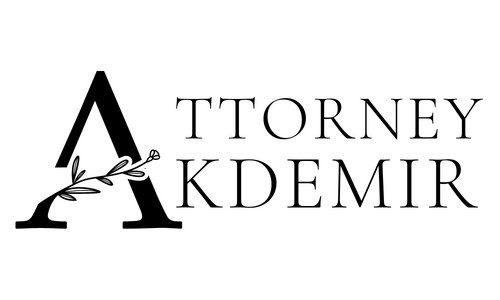Criminal defense

Investigations and criminal proceedings can affect anyone. From my previous work as a public prosecutor, I know that it doesn’t take much to get into the focus of the investigating authorities. The threshold of “initial suspicion“, which in the view of the public prosecutor’s office makes investigations necessary, is quickly crossed.
If investigations become known in a personal or business environment or charges have already been brought publicly, this usually has a very serious impact on the life of the person concerned – even before the court has made a decision on guilt or innocence. The public prosecutor’s office therefore has a great responsibility when deciding for or against a charge.
However, it cannot be denied that nowadays most police offices, public prosecutors’ offices and also courts work under a great deal of pressure to complete cases. As they are all human beings, it would be naive to believe that an excessive workload cannot lead to hasty, “pragmatic” decisions. Then it may well happen that charges are pressed “in case of doubt”.
A good criminal defense should therefore start as early as possible in the preliminary proceedings and in particular work on those aspects of the case that should be considered in favor of the client but have not yet been taken up due to a lack of time or for other reasons. In quite a few cases, the work of the criminal defence lawyer can help the public prosecutor to see details and recognize connections that speak in favour of a lenient sentence or even a dismissal of the case, but which he had previously overlooked because he had to work through the file quickly. Another advantage that the criminal defense lawyer has is, of course, that he is in close contact with the client and therefore has first-hand information that can contribute to a proper understanding of the facts of the case. A criminal defense lawyer therefore creates a real balance here and also in a possible main hearing by using this additional knowledge in a targeted manner and contributing his perspective, which is geared towards the interests of the client.
I can say from experience that the police, public prosecutor’s office and courts are generally not impressed by a pithy appearance or bold, good-sounding slogans. What a good criminal defense lawyer must bring to the table is his in-depth specialist knowledge, his awareness of the client’s interests, his comprehensive knowledge of the facts of the case and all the details, and a courageous attitude.
Having a criminal defense lawyer means that a man of his profession puts all his expertise and experience, his attention and time at your service, that he makes your case his case. He examines all grounds for suspicion and witness statements, looks for exculpatory moments and evidence and develops counter-arguments. He monitors the proceedings with a scrutinizing eye and works to ensure that your procedural rights are upheld.
In difficult times, it is important not to stand alone. A good advisor and support is valuable and often makes all the difference. Give me a call or write to me. I would be glad to stand by your side.
Areas of experience
General criminal law
- Fraud offenses
- Theft, receiving stolen goods, embezzlement
- Assault and battery
- Coercion, blackmail
- Robbery
- Damage to property
- Hit and run and other traffic offenses (drunk driving, endangering road traffic, etc.)
- Insult, defamation, slander
- Forgery offenses
- Arson
- etc.
Narcotic criminal law
Cybercriminal law
Juvenile criminal law
In juvenile criminal law, a good knowledge of the special procedural objectives and legal consequences is essential for a good criminal defense. As a former juvenile prosecutor, I have particular experience in this area.
Medical criminal law
- Negligent or intentional homicide/personal injury
- Medical euthanasia
- Omission to render assistance
- Billing fraud
- Breach of trust
- Acceptance of benefits and bribery
- Breach of medical confidentiality

